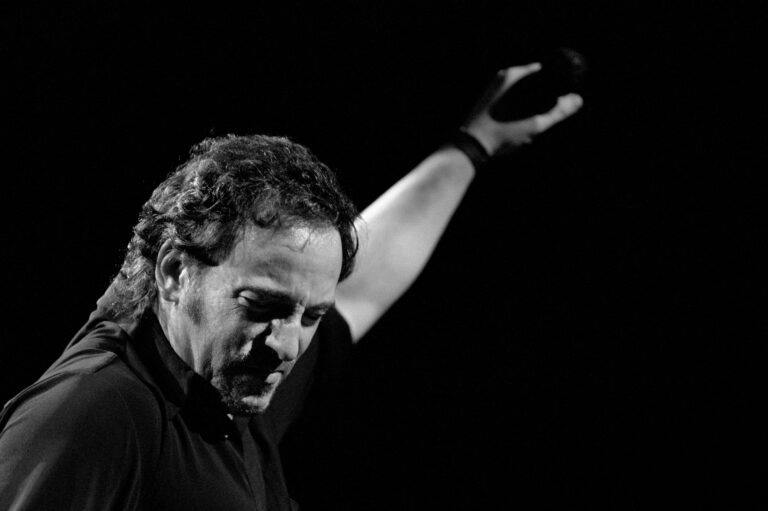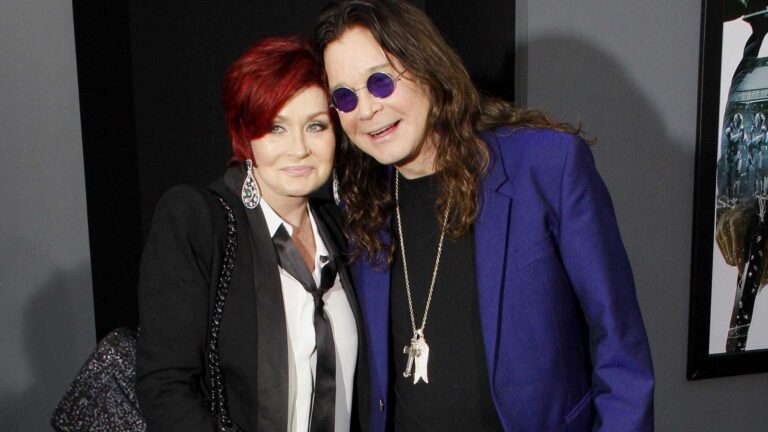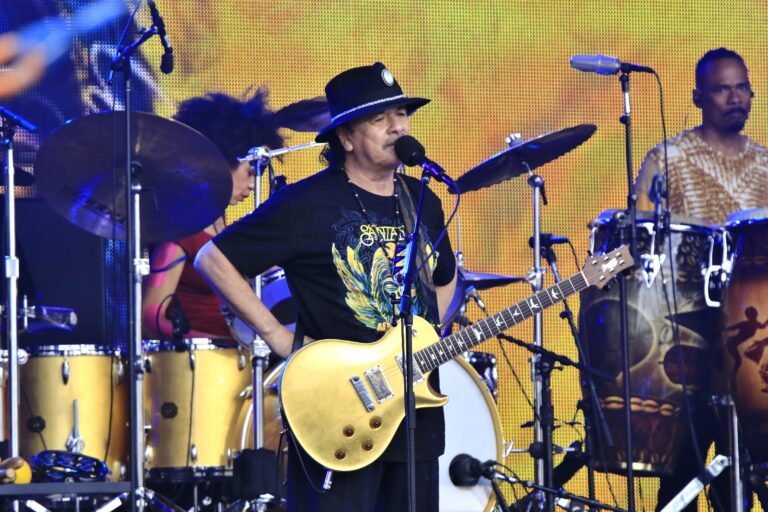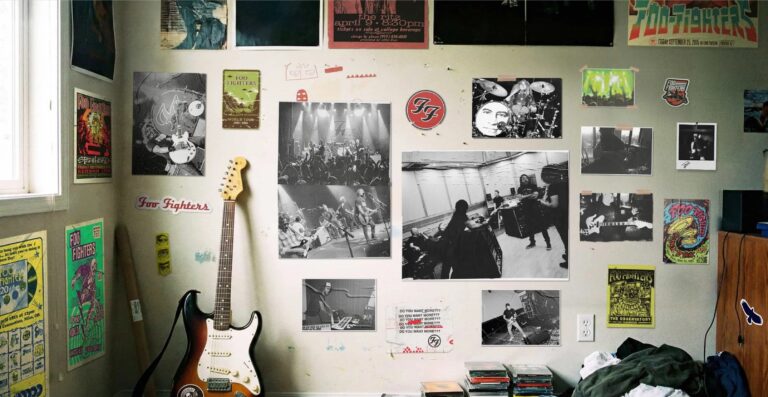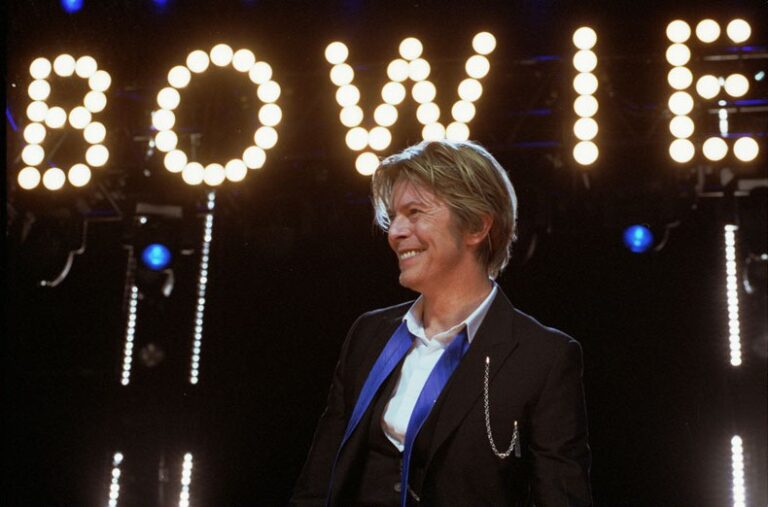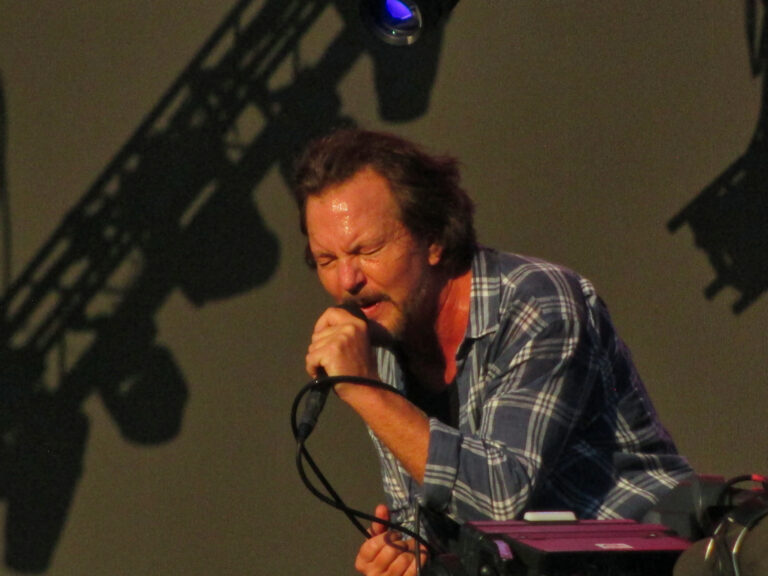
Pulp’s Jarvis Cocker Always Hated the Word Britpop

Jarvis Cocker, frontman of the band Pulp, has been making waves with his recent comments on the music genre known as Britpop. Despite being at the forefront of the movement in the 1990s, Cocker has expressed his disdain for the term “Britpop,” stating that he “always hated” it. His strong aversion is rooted in the belief that the label detracts from the authenticity and originality that characterized the music scene during that era. Cocker recalls how, before the label was applied, it felt as though indie bands were on the cusp of a musical revolution, one that allowed new and exciting bands to make significant impacts on the mainstream. In his view, the term “Britpop” serves as a reductive categorization that fails to encapsulate the genuine dynamism and creativity that defined the period.
Cocker's reflections come amid a notable resurgence in the popularity of Britpop bands, a phenomenon often referred to as the ‘Britpop renaissance.' Bands like Oasis, Supergrass, and Suede, contemporaries of Pulp, have been reuniting and performing to enthusiastic audiences, highlighting a renewed interest in the music of the 1990s. This revival takes Cocker back to a time of significant musical upheaval, when the boundaries of indie music were being pushed, and there was a palpable sense of excitement and possibility in the air. However, while he acknowledges and appreciates the nostalgia, Cocker remains critical of the Britpop label, preferring to focus on the spirit and innovation of the era rather than its branding.
Interestingly, despite his criticisms of Britpop, Cocker has expressed interest in attending an Oasis concert during their reunion tour, humorously stating that he would be eager to attend “if I can get on the guestlist.” This willingness to engage with former Britpop peers illustrates a nuanced perspective—while critical of the label, Cocker clearly still holds a fondness for the music and camaraderie of the time. This juxtaposition of disdain for the term with appreciation for the camaraderie of the era highlights Cocker's complex relationship with Britpop, where admiration for the past coexists with frustration over its commercialization.
The revival of Britpop correlates with Pulp's own return to the music scene, marking their first album release in 24 years. Titled ‘More,' the album has been hailed as a mature acknowledgment of Britpop's second summer, enriched by the band's years of experience. Critics, including those at NME, have praised the album as a sophisticated synthesis of synths, strings, and the trademark vigor expected from a Pulp record. Cocker and his bandmates have taken the opportunity to experiment with new musical forms while retaining the band's signature sound, as evidenced by their lead single “Spike Island.” The album's release, coupled with a tour of the UK and Ireland, demonstrates the timeless appeal of Pulp's music and affirms their position in the contemporary music landscape.
This revival is not just a nostalgic trip down memory lane but an affirmation of enduring musical legacies. Fausing the transient nature of Britpop, Cocker’s perspective invites a deeper examination of how genres are defined and consumed by audiences, often divorced from the transformative cultural forces that birthed them. His hope is that the resurgence isn't tethered solely to past definitions but evolves into a movement that once again encourages artistic freedom and cultural impact.
Key Takeaways
-
www.loudersound.com | Jarvis Cocker revealed his excitement about the resurgence of a creative and independent spirit in music, reminiscent of the early '90s, albeit rejecting the term 'Britpop' for its connotations.
-
www.radiox.co.uk | Cocker is interested in attending the Oasis reunion tour shows, highlighting his ongoing interest in the music scene and connection with past Britpop bands.


